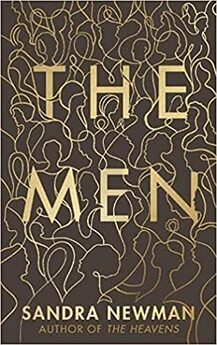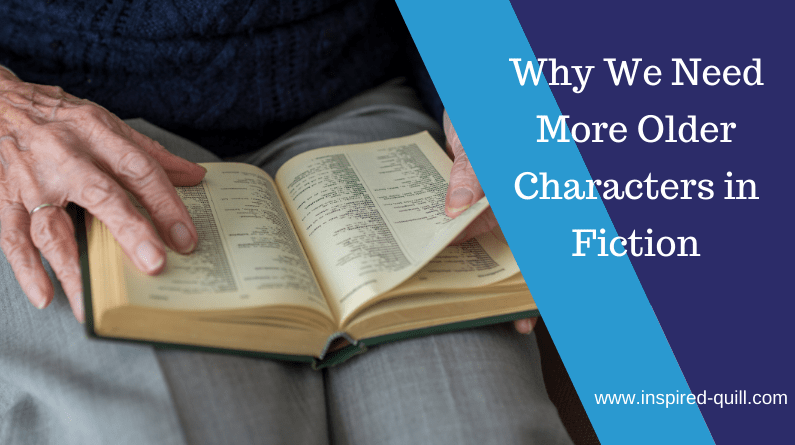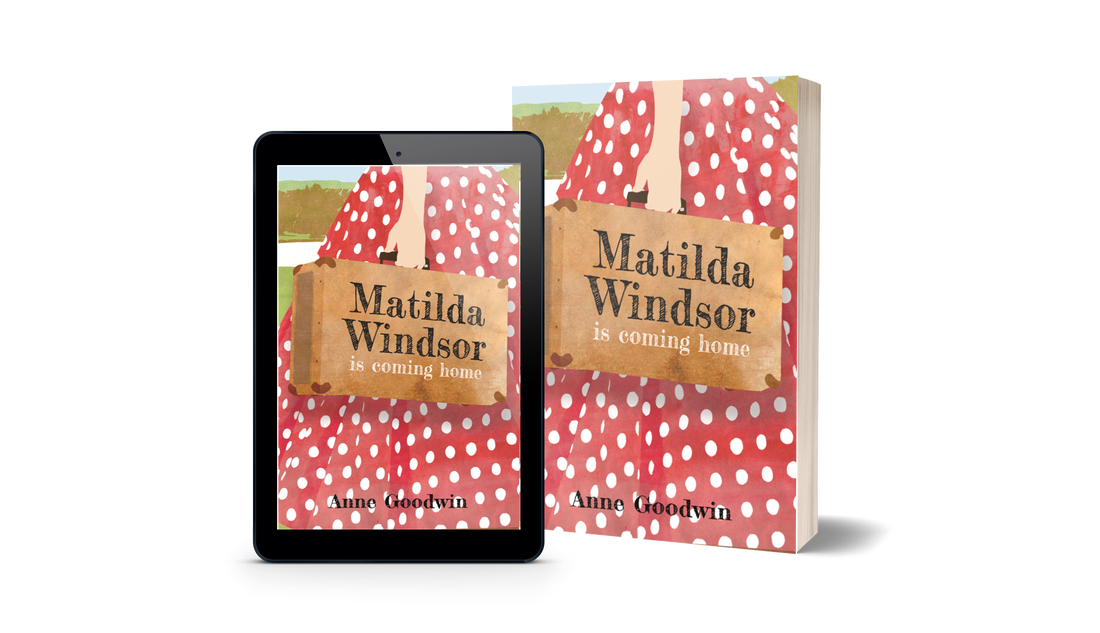Mrs Palfrey at the Claremont by Elizabeth Taylor
Keeping up appearances being of paramount importance, when Mrs Palfrey’s grandson fails to appear, she grabs the opportunity to pass off as kin a young man she meets when she takes a fall outside his flat. As a budding writer, Ludo sees her as material and is happy to play along. It’s an unusual friendship, but it seems to work, being the source of the novel’s wry humour, rendered plausible by the author’s skill.
I’d seen book bloggers praising this novel for some time, but hadn’t got round to reading it. I’m so glad I finally picked it up. First published in 1971, it’s a lovely story of ageing, friendship and the small deceptions that can support us through tough times. Click on the image for a blog post about other novels with older characters. If this appeals, you might also like my own novel about an older woman in an institution making the best of a sorry situation.
The Men by Sandra Newman
At first there’s chaos, as it turns out the infrastructure was largely run by men. Yet, freed from the male gaze, and despite their pain at losing people they’ve loved, the women are more relaxed. Perhaps they can build a better world.
Soon they discover strange footage online showing ranks of men and boys marching like zombies through a devastated landscape. Some watchers become addicted. Others swear it’s a scam. But when they recognise their own loved ones on-screen, they can’t give up.
Meanwhile, Jane has connected with an old friend, Evangelyne, a promising politician, already famous for her book On Commensalism. The two become lovers. Both have interesting back stories in which they have committed crimes through being abused by men, although Evangelyne has been hurt more by racism than misogyny.
Having enjoyed the author’s previous novel, The Heavens, I was prepared for another thought-provoking, zany and sometimes confusing narrative. A strange cli-fi dystopian novel about gender and racism. Thanks to British publishers Granta for my advance proof copy.
It was over a month since she’d sat behind the wheel. Would her limbs remember what to do? She’d never associated driving with freedom, except as the means to find more beautiful places to walk.
Yet it felt good to join the procession of traffic, of people fit enough to go to work. In the car, she could move as fast as they could, although she might not be travelling as far.
On her previous journey down this road, her ailment was a mystery. Now she mourns the health she’s lost as she collects a new pack of pills.


























 RSS Feed
RSS Feed





















